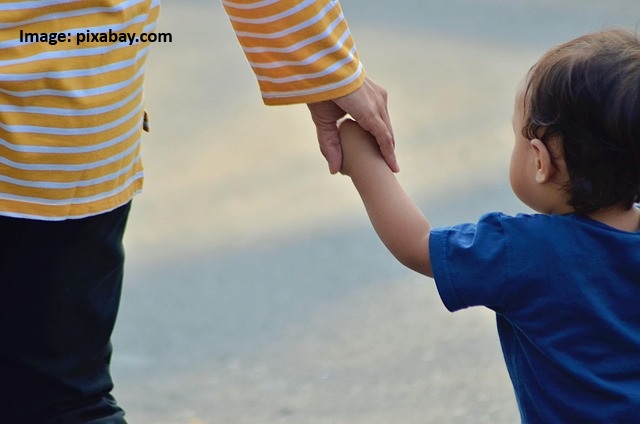Home >> Resources
Adoptioncenter Resources
-
More

When considering relative adoptions—where a child is adopted by a family member such as a grandparent, aunt, or cousin—deciding between open and closed adoption arrangements is crucial. Each approach carries distinct implications for family dynamics, the child's well-being, and the relationships among all parties involved.
-
More

Adopting children with special needs from foster care is a profound commitment that brings both challenges and immense rewards. These children often face longer waits for permanent homes, yet they possess incredible resilience and the capacity to thrive with the right support.
-
More

The following information outlines the historical process of adopting a child from China prior to the 2024 policy change. While international adoptions are currently suspended, understanding the previous procedures provides context and insight into the complexities of intercountry adoption.
-
More
Foster care is designed to be a temporary solution to ensure a child’s safety and well-being during a time of family crisis. But while ensuring physical safety is critical, maintaining emotional and psychological ties is just as essential—especially when it comes to maintaining relationships between foster children and their birth families.
-
More
International adoption can be a life-changing and rewarding experience for families. However, it also comes with significant cultural responsibilities. When adopting a child from another country, families are not just welcoming a new member—they are also embracing a different cultural identity. Understanding and honoring the child’s heritage is crucial for healthy identity development and emotional well-being.
-
More
Adoption is a life-changing decision for both the child and the adoptive family. While many adoptions involve non-relatives, relative adoption, also known as kinship adoption, is an increasingly common practice. In this arrangement, a child's biological relative—such as a grandparent, aunt, uncle, or older sibling—becomes their legal parent. While relative adoption provides numerous benefits, it also comes with unique challenges that families must navigate.
-
More
Adopting a child is a life-changing decision, and one of the most crucial steps in the adoption journey in the United States is the home study process. Whether you are pursuing domestic adoption, international adoption, or even foster care adoption, a completed home study is required to ensure that prospective adoptive parents can provide a safe and loving home.
-
More
Adoption is a deeply personal and life-changing decision, especially when it involves adopting a family member. Known as relative adoption or kinship adoption, this process allows a child's biological relative—such as a grandparent, aunt, uncle, or adult sibling—to become their legal parent.
-
More
Adopting a child is one of the most life-changing and rewarding journeys a family can take. When it comes to adopting children with special needs, this journey takes on deeper meaning—filled with unique challenges, profound joys, and long-term commitments.
-
More

Are you considering expanding your family through foster care adoption? The foster to adopt path is a beautiful and life-changing way to provide a loving home for a child in need. While the process can seem daunting at first, with the right information and support, fostering to adopt can be both manageable and deeply rewarding.
Categories
- General
- Adoption Agencies & Centers
- Domestic Adoption
- International Adoption
- Foster Care Adoption
- Adoption of Children with Special Needs
- Relative Adoption
